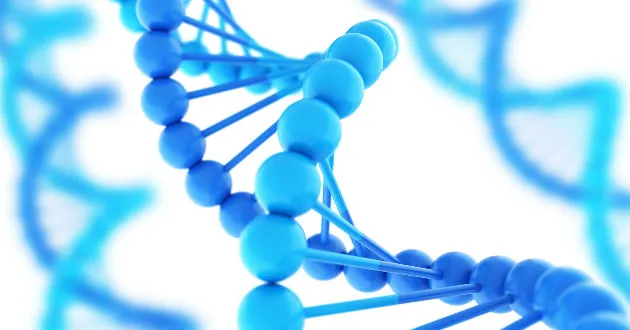Scientists from the University of British Columbia (UBC), in Vancouver, Canada, and 'Janssen Research & Amp;Development LLC 'have shown for the first time that type 2 diabetes can be effectively treated with a combination of specially cultivated stem cells and conventional diabetes medications.
The stem cells - generic cells that have not yet taken specialized form and function - have recently been used by scientists from the UBC and other places to reverse type 1 diabetes in mice.In type 1 diabetes, which usually begins in childhood, the pancreas produces little or no insulin, the hormone that allows cells to metabolize sugar.
These new results, published this Thursday in 'Stem Cell Reports', have a much broader potential because type 2 diabetes, which usually occurs in adulthood, often derived from poor diet, lack of exercise andObesity, represents more than 90% of diabetes cases.
Timoteo Kieffer, professor in the Department of Cellular and Physiological Sciences, and the scientists of 'Janssen Betalogics Venture' simulated type 2 diabetes in mice, with a high diet in fat and calories for several weeks.Then, the researchers surgically implanted pancreatic cells such as those that had been cultivated in the laboratory from human stem cells.
glucose tolerance
The mice that received a combination of cells with one of the three diabetes medications became "glucose tolerant", such as healthy mice, which means they were able to keep their blood sugar under control, evenAfter ingesting a sugary meal.In contrast, a group of mice with simulated type 2 diabetes that received the drugs but not the transplants remained intolerant to glucose.
"Being able to reduce peaks in blood sugar levels is important because the evidence suggests that these peaks do a lot of damage, increasing the risks of blindness, heart attacks and renal insufficiency," says Kieffer, a member of the Institute of Sciencesof the life of the UBC.
Combination therapy also produced an unexpected result, but welcome: the mice returned to a normal weight, the same weight as a healthy control group that had been raised in a low fat diet."Its weight loss was intriguing because some of the therapies against common diabetes often lead to weight -Kieffer." We have to do more studies to understand how cell transplants lead to weight loss. "
The team of scientists is also investigating whether higher doses of cells, above the five million tested in this study, they can achieve the same results without the need to administer additional medicines.


